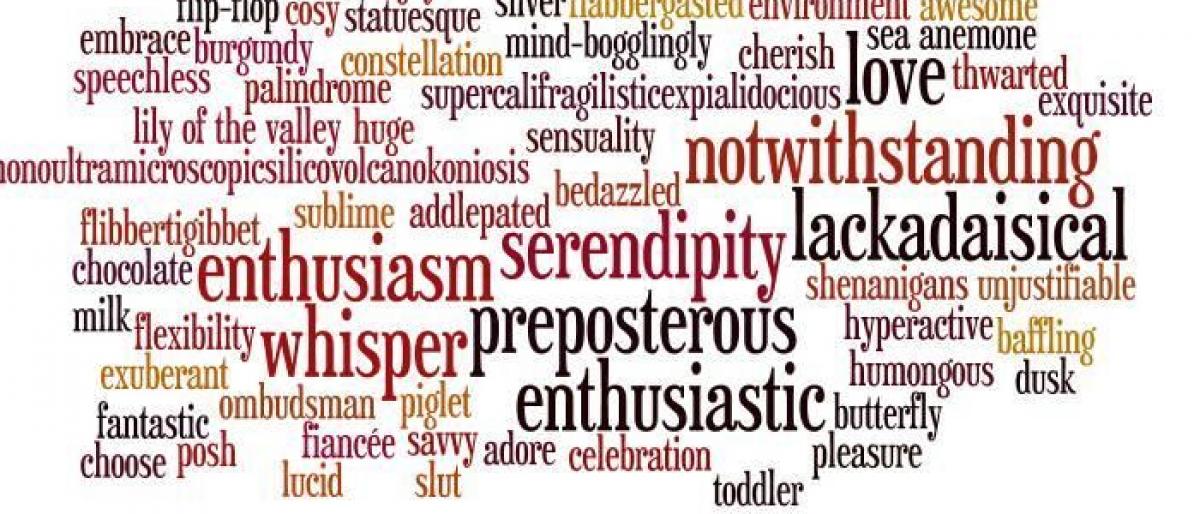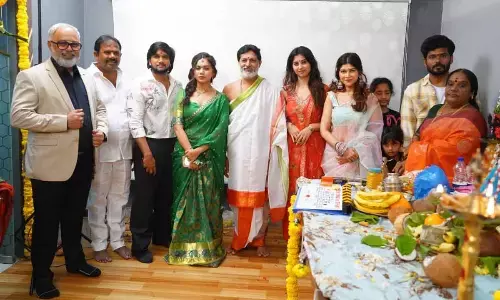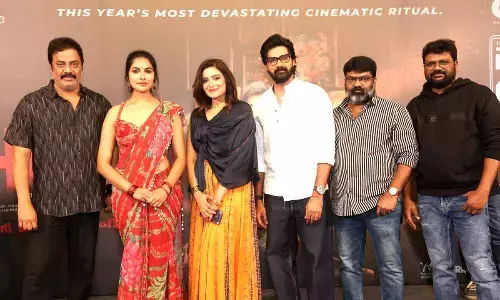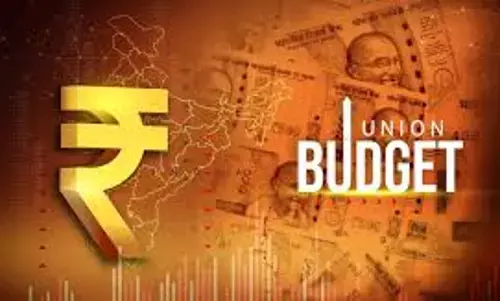How words find their way into English dictionaries

When something fantastic catches your attention, what would you exclaim jhakaas, bombat or semma Is a cunning guy chaalu, chatri or shaana Would you call your friend yaar, macha or bondhu The world of words is the most extraordinary of things as it gives expression to everything under the sun Every single word that we use daily stands, often without our realisation, for something unique, so
New Delhi: When something fantastic catches your attention, what would you exclaim -- jhakaas, bombat or semma? Is a cunning guy chaalu, chatri or shaana? Would you call your friend yaar, macha or bondhu? The world of words is the most extraordinary of things as it gives expression to everything under the sun. Every single word that we use daily stands, often without our realisation, for something unique, something that the given word is used to give expression to.
But while most words are common in speech, there are several that have rarely been written down. For 54-year-old lexicographer Peter Gilliver, words like "spuggy" and "netty" were perfectly ordinary as he had been familiar with them since his childhood, but he was surprised that neither of them had made their way into the Oxford English Dictionary (OED).
There are now entries in the dictionary for both words, which exhibits that their history can be traced back over 100 years, actually 200 years in the case of "netty". "I think there must be similar words in every region of the English-speaking world, which are very familiar to people living there but little known outside the region; we are glad to learn about such words, so that we can research them and consider adding them to the OED," Gilliver said.
Closer home in India, almost everyone can certainly recall a moment when a word in their native language -- the language they've known and used for years at home -- baffles people from other parts of our own country. Again, most such words are common in speech but some are rarely written down and so they can easily escape the attention of dictionary editors.
There are also many English words, commonly used in India, that haven't found space in English dictionaries.
Angus Stevenson, OED's Head of Content Development, said that their dictionaries of current English, in particular the online text, contains many hundreds of examples of Indian English as well, and many that derive from Hindi and other Indian languages.
"We are particularly interested in words such as 'air-dash', 'batchmate', and 'calling bell', which are genuine examples of an Indian variety of English, and would very much like to expand our coverage," Stevenson said. "We are planning projects to gather and define words from Indian and other under-represented areas of English -- for example, we cover South African English but have not yet attempted to describe the English used in other parts of the African continent," he added.
The first English dictionary goes back to at least the 16th century and the era of the Renaissance, which was a time, somewhat like our own, in which there was a huge amount of rapid change, and many new influences on the English language. "The first Oxford dictionary of English was the OED, first published between 1884 and 1928."The OED claims to draw on expertise from all around the world. Their lexicographers are not confined to the UK, according to Judy Pearsall, Dictionaries Director at OED.
With the rise of social media networking, usage of acronyms and abbreviations are also on the rise. What is still the need to have dictionary words? "For us at Oxford Dictionaries, words are 'dictionary words', as long as they are used, and that includes abbreviations and acronyms," said Pearsall. "The OED looks to include terms that originated on social media, such as LOL, just as much as any other words. "We regard all of them as part of the language, and recognise that people use and need both," she maintained.















